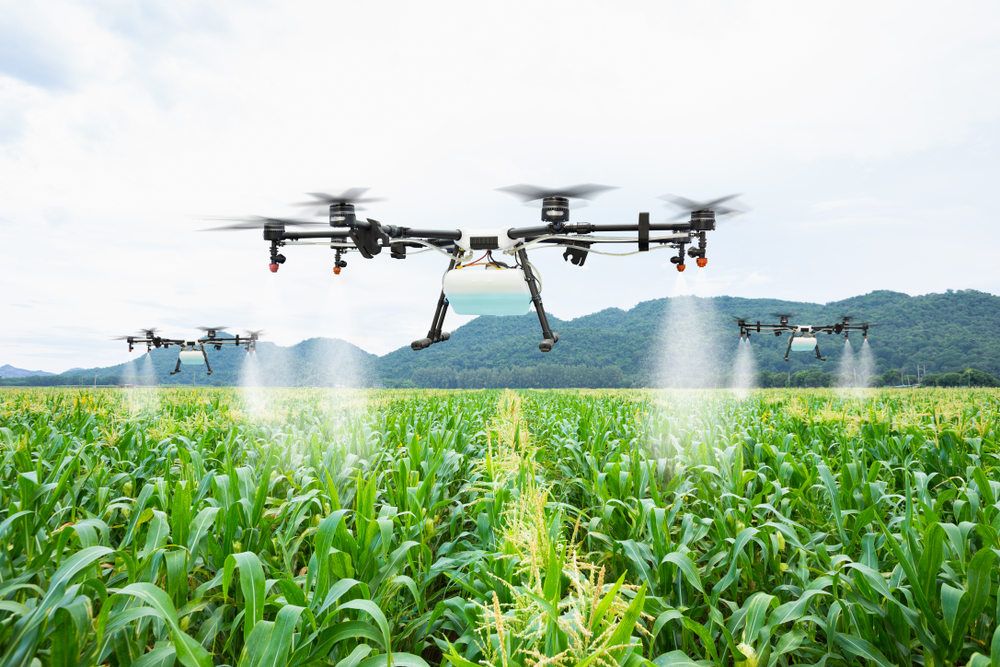Over 1,300 experts from various fields have recently expressed their belief in AI as a “force for good, not a threat to humanity.”
This was shared in an open letter submitted by UK’s BCS, the Chartered Institute for IT, as a counter-narrative to the growing fears of an “AI doom.”
Rashik Parmar, the chief executive of BCS, stated that this letter demonstrates the UK tech community’s rejection of the “nightmare scenario of evil robot overlords.”
This statement comes in the wake of several high-profile critiques of AI, including an open letter created by the Center for AI Safety (CAIS), which says, “Mitigating the risk of extinction from AI should be a global priority alongside other societal-scale risks such as pandemics and nuclear war.”
The BCS and its signatories shed positive sentiment on AI while recognizing the need for regulations. One of the signatories, Richard Carter, the founder of an AI cybersecurity startup, dismissed the dire warnings about AI as unrealistic and far-fetched.
While debates surrounding AI have taken a rather gloomy turn, many believe the risks are vastly exaggerated, including one of the ‘AI godfathers,’ Yann LeCun.
There is plenty of cautious optimism surrounding AI
The BCS letter was signed by individuals from a wide range of backgrounds, including business, academia, public bodies, and think tanks.
Although none of the signatories are as well-known as Elon Musk or OpenAI CEO Sam Altman, they’ve penned the name in support of AI’s positive potential.
Hema Purohit, who leads digital health and social care for the BCS, highlighted the beneficial uses of AI in healthcare. She mentioned AI’s potential in detecting signs of serious illnesses such as cardiac disease, accelerating the testing of new drugs, and even assisting men with low sperm counts in fathering biological children.
Further, another signatory, Sarah Burnett, pointed out AI’s agricultural benefits. She mentioned robots that use AI to pollinate plants and those that can identify weeds and eliminate them, reducing the need for the widespread use of weed killers.
Despite the optimism, the BCS acknowledges that some AI-related issues are imminent or already exist. For instance, even at this early stage, AI is linked to job layoffs. Another report forecasts AI will replace some 300 million jobs.
However, Richard Carter believes AI will enhance productivity rather than replace humans. He likens AI to a “very knowledgeable and a very excitable, 12-year-old” and insists on human involvement in the workplace for accountability.
AI has quickly become a divisive topic, but AI-supported medical, agriculture, and science breakthroughs offer optimism.
If humanity can steer AI towards these positive use cases, its transformative effects may well occlude the risks.





